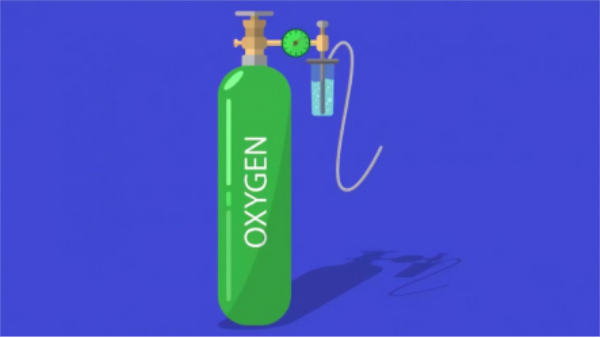The nonprofit group Partners In Health-PIH aims to reduce the number of deaths due to medical oxygen deficiency through a new oxygen plant installation and maintenance program. Build a reliable next generation integrated Oxygen service BRING O2 is an $8 million project that will BRING additional medical oxygen to hard-to-reach rural communities around the globe. In these regions, about one in five people infected with COVID-19 are at risk due to a lack of readily available medical-grade oxygen in hospitals and healthcare facilities, and more than one million people died each year even before the pandemic, according to Partners in Health. Dr Paul Sonenthal, lead researcher and associate director of Partners in Health’s BRING O2 programme, admits there are few things more heart-wrenching than watching a patient struggle to breathe. “I’ve been in a hospital where all the patients were sitting bolt upright,” he says. Gasping for breath because her oxygen tank is empty.” ”When you put in a new oxygen tank and watch them slowly return to bed, that’s a good time. If you can put in a proper oxygen device so this doesn’t happen again, so much the better, that’s the BRING O2 program.” As part of the initiative, 26 PSA plants will be installed or maintained in the four “poor” countries where Partners in Health operates. Using special adsorbent materials, the minivan sized device will produce pure oxygen by separating gases from the atmosphere. Since a single oxygen plant can supply enough oxygen to an entire regional hospital, the program could provide essential life-saving treatment for thousands of patients. Partners in Health has purchased two oxygen plants to be installed at chikwawa Regional Hospital in Malawi and Butaro Regional Hospital in Rwanda, and additional psa plants will be rehabilitated across Africa and in Peru. Critical shortages of medical oxygen in low – and middle-income countries around the world expose major inequalities in global oxygen supply, Prompting Robert Matiru, programme director of Unitaid, which is responsible for funding BRING O2, to point to the shortage of medical oxygen as a “tragic feature” of the epidemic. ”Hypoxia was a major problem in many health care systems around the world before the pandemic and COVID-19 significantly exacerbated the problem,” he added. ”Unitaid and Partners in Health are excited about BRING O2 precisely because this gap has been so difficult to fill for so long.” At the recent Gas World Medical Gas Summit 2022, Martirou revealed that UNPMF has invested tens of millions of dollars to help advance life-saving testing and treatment programmes for COVID-19. ”COVID-19 has swept the world with the biggest global health crisis of the century,” he said. It reveals just how fragile and vulnerable the medical oxygen ecosystem is in low -, middle – and high-income countries. By investing in oxygen, which is recognized as the backbone of a healthy ecosystem, institutions are able to develop and advance markets that generate new solutions.
Post time: May-06-2022







